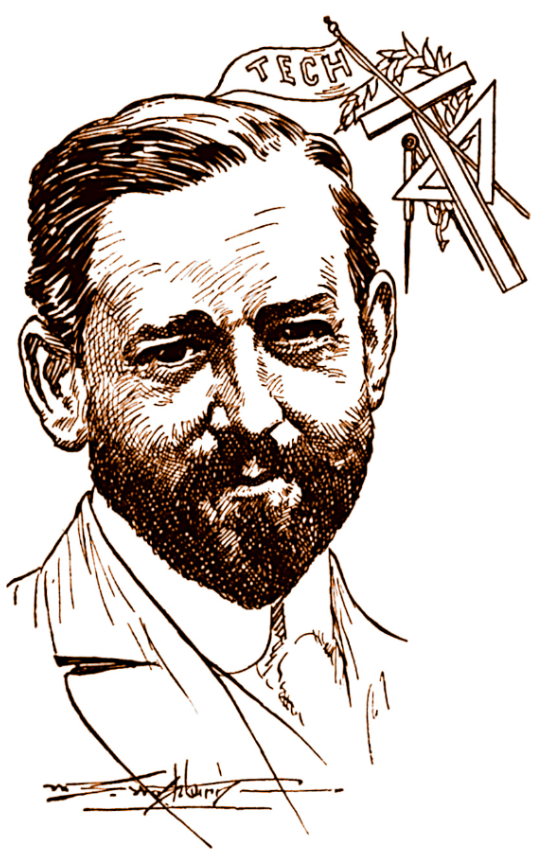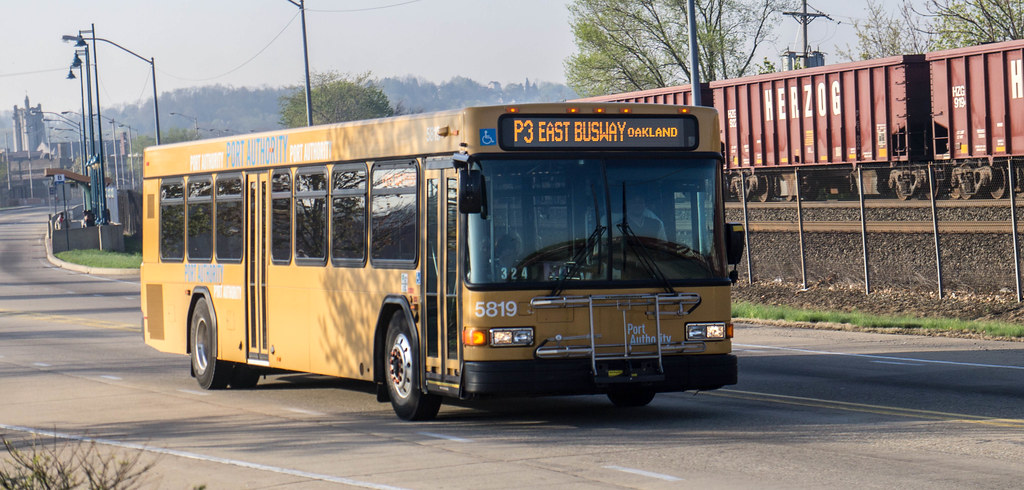Editorials featured in the Forum section are solely the opinions of their individual authors.
Before I graduated high school four years ago, I was deeply entrenched in journalism and politics. This was how I contributed to society, a way to make my mark. But following the tumultuous aftermath of the 2016 and 2020 presidential elections, I withdrew from the ceaseless churn of news cycles and political debates. The relentless intensity of the political climate left me emotionally exhausted, forcing me to take a step back as I transitioned into college.
College life didn’t quite alter that mindset. The overwhelming sense of hopelessness persisted, exacerbated as I dove into the tech industry — a sector where I often felt reduced to a mere cog in a vast, impersonal machine. With over 200,000 tech workers laid off in 2023, my future seemed precarious at best.
Coupled with the deepening divides in political landscapes, exemplified by the overturning of Roe v. Wade, my disillusionment deepened. In this environment, feeling powerless became the norm, and I frequently questioned the significance of my voice and actions.
However, a turning point came on April 18 during a Q&A session hosted by the Carnegie Mellon Democrats featuring Jaime Martinez, a figure whose journey rekindled a spark of optimism in me.
Martinez, a 22-year-old Johns Hopkins student, not only balanced a full-time academic schedule but also ran for a school board seat in 2023. His campaign was rooted in his prior experiences, particularly in addressing issues of racism and prejudice.
As the youngest co-founder of North Allegheny For Change, Martinez helped lead a grassroots coalition dedicated to improving the educational experience at North Allegheny by ensuring all students felt heard, valued, and respected. This initiative aimed to confront systemic issues within the school district and propelled Martinez into broader conversations about racial equity in education.
These experiences fueled his decision to run for school board, where he led a campaign characterized by grassroots mobilization and strategic community engagement, achieving a historic flip of the board to a Democratic majority. The campaign shattered previous turnout records and came tantalizingly close to victory, losing by fewer than 150 votes out of nearly 100,000.
This event, occurring in the final weeks of my undergraduate career, profoundly altered my understanding of what it means to make a meaningful change through civic engagement, particularly in challenging the enduring impacts of racism and prejudice within our educational institutions.
Martinez’s narrative is a beacon for young aspirants in the political arena. His commitment — calling potential donors during four-hour drives and canvassing door-to-door while juggling his studies — demonstrated a formidable dedication to his goal.
His story resonated with me profoundly, serving as a reminder that individual efforts can make a difference. Martinez exemplifies a growing trend: while older generations still dominate political positions, the involvement of youth is on the rise, with more than 20 percent expressing interest in running for office.
Martinez acknowledged that while social media is instrumental in raising awareness about various issues, it also endows users with a deceptive sense of expertise. Really, is scrolling through one photo carousel enough to grasp the complexities of, say, climate change or healthcare reform?
From my perspective, the trend of Instagram activism often leads to what some call “slacktivism,” where liking or sharing a post is mistakenly perceived as making an impact. This phenomenon can create a false sense of accomplishment and, for someone like me, it intensified feelings of hopelessness when visible, real-world changes did not seem to follow the online fervor.
Building on this, Martinez stressed the importance of seeking common ground to break through the bipartisan deadlock that often stifles productive dialogue. Social media, with its penchant for creating echo chambers, tends to amplify these divides, making it increasingly difficult to find commonality with opposing views.
The real challenge lies in stepping beyond the superficial interactions of social media to engage in meaningful, respectful discussions. While easier said than done, achieving true change and gaining the attention of opposing views requires this effort. It’s about turning online discourse into offline dialogue and action.
I initially believed that the political arena was just a playground for corporate greed, where every budding politician awaited their fairy godmother — a super PAC — to magically appear and jumpstart their campaign.
Reality is refreshingly different.
There are organizations like RunForSomething that provide training and education on how to navigate a political campaign. Ethnic and special interest groups are also searching for candidates who champion their causes. This realization somewhat restored my little faith in the political process. It turns out you don’t need the backing of the NRA or a hedge fund billionaire to kickstart a political career.
What surprised me the most was the sheer volume of information I had been oblivious to.
Despite previously considering myself quite the civic connoisseur (I mean, I read the news AND I took AP Government), I was astounded not only by the fervent commitment and passion displayed by this young man in making a change but also by the wealth of resources at his disposal. If only more people were aware of such resources, perhaps we would see a surge in youth engagement in the political and civic spheres. This awareness could be a game-changer, encouraging a new wave of young, informed candidates eager to make their mark.
Inspired by Martinez’s story, I’ve realized that my voice matters and that civic involvement can lead to substantial change. I see the importance of engagement at any level, whether it’s volunteering at a local non-profit or spearheading entire campaigns. It’s about finding a cause you are passionate about and taking steps, however small, towards making an impact.
As I prepare to close this chapter of my undergraduate journey, my message to peers and to myself is clear: do not succumb to cynicism or despair. The path from profound lows to historic highs is paved with persistence and passion. Jaime Martinez’s story is not just inspiring — it’s a call to action.
It’s never too late to engage, make a difference, and rediscover the potential we hold within ourselves to shape our community and our world.






Leave a Reply